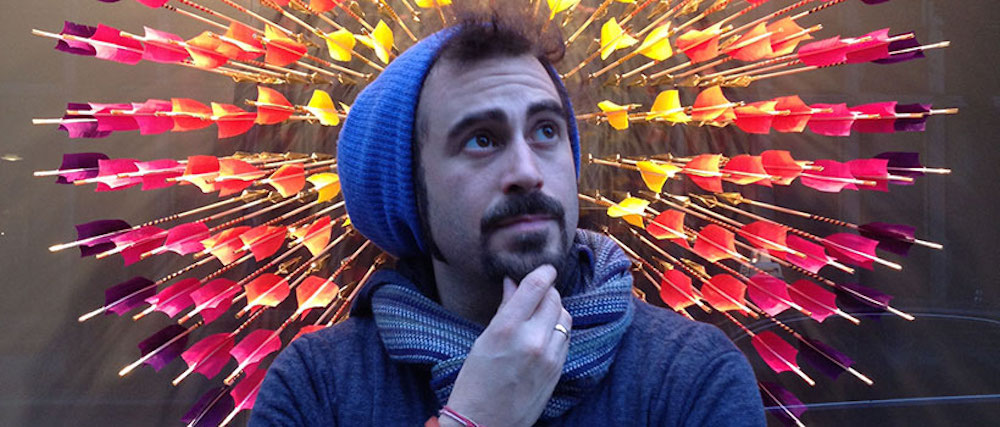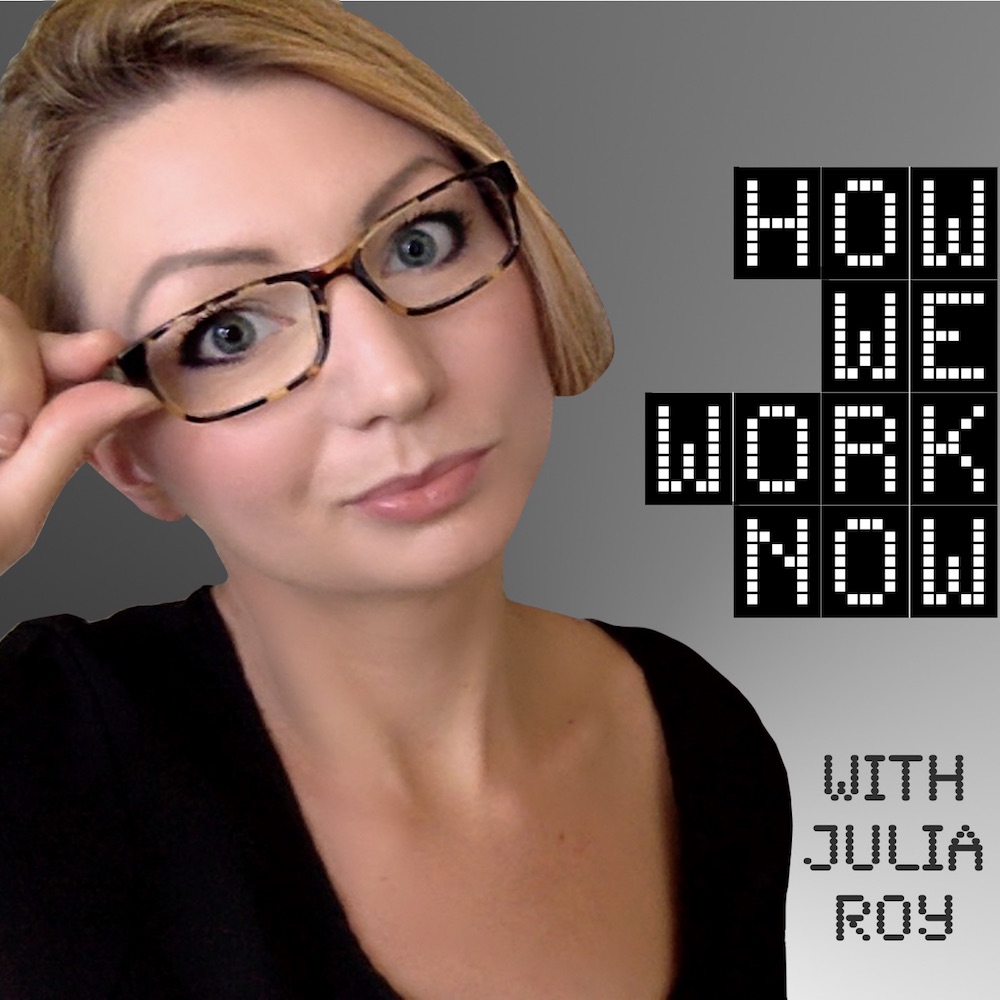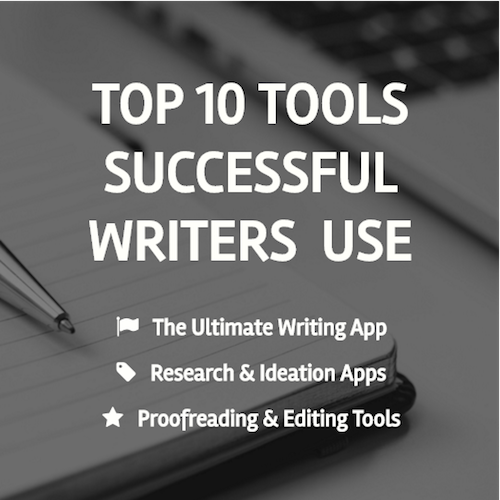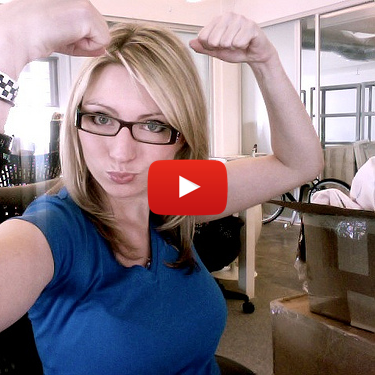
I love words. I love playing with them. I love pulling them apart. I love using ones that are so obnoxiously obscure and large that you have to look them up. I love that. – Faris Yakob
About Faris Yakob
Faris Yakob has been thinking about advertising, the internet and brands for a long time. He began his career as a strategy consultant for digital businesses during the first dot com explosion. He moved into the agency world, eventually joining Naked Communications as their 20th employee, working for Naked in London, Sydney and New York and went on to have a long career in advertising. Faris is the author of Paid Attention and the co-founder of a strategy and innovation consultancy, Genius Steals with his wife (and one of my very best friends) Rosie Yakob. Together they’ve been living on the road for 3 years, working with brands, agencies and startups thinking about problems and solving them with creativity. The only thing Faris wanted to be growing up was a writer. When he was a kid, he thought he’d be a novelist, but later found that he likes writing pseudo-philosophy about brand, culture and technology.
In this interview we talk a lot about attention – why it’s our most valuable resource and how the great giants of our age (think Google and Facebook) have gotten very good at mining it from us. Faris also shares his need to be slightly bored in order to want to write with any consistency, what it’s like trying to write a book when you have a short attention span and why he pushes back on the notion that clarity is the most important job as a writer.
I hope you’re paying attention, because this episode with Faris is worth every ounce of it.
 This podcast is brought to you by Ulysses. Ulysses is a fully-fledged, beautiful and distraction-free writing app your Mac, iPhone and iPad. It’s been my primary writing app for over a year now and I know I will never stray. Because… it make me want to write. That’s why I’m stoked to tell you that Ulysses is offering the listeners of this podcast a very special extended free trial. If you’re looking for a writing app to love go to ulyssesapp.com/howweworknow to get your extended free trial of Ulysses for Mac.
This podcast is brought to you by Ulysses. Ulysses is a fully-fledged, beautiful and distraction-free writing app your Mac, iPhone and iPad. It’s been my primary writing app for over a year now and I know I will never stray. Because… it make me want to write. That’s why I’m stoked to tell you that Ulysses is offering the listeners of this podcast a very special extended free trial. If you’re looking for a writing app to love go to ulyssesapp.com/howweworknow to get your extended free trial of Ulysses for Mac.
Topics We Explored
- It’s because of marketing’s mining of attention that it’s so hard to get anything else done.
- How attention is a salient idea these days because everyone is struggling with it. We believe there is a normative duration for attention (and we know that because of attention deficit disorder) and to some extent, we all have it.
- Attention is the foundational idea of advertising agencies. It’s the A in AIDA, which is a primary communication model, and stands for Attention Interest Decision and Action.
- The latin root for the word advertising is advertire, which means to draw attention towards.
- Media is buying access to human attention in large quantities.
- The great giants of our age, the Google’s and the Facebook’s, have gotten very good at mining attention at a global level for the first time ever. Because they can make so much money doing that, that more and more companies are trying to mine our attention. Which is why we spend 8 hours a day consuming media.
- Taking yourself away from media and the addiction to social
- The anxiety that creeps in when you try to take time away from your computer and the internet because of the looming sense that there’s stuff piling up that you’re going to need to take care of when you return.
- The need to be slightly bored in order to want to write with any consistency for a period of time.
- What it’s like to write when you don’t have a deadline and you’re in a new country every couple of weeks.
- The experience of writing a book when you have a short attention span.
- Multi-tasking as a relief from boredom.
- Managing yourself and your work when you’re someone who wants to push back against authority and structure.
- What it’s like to be in the unique position where you spend 24 hours a day, working, traveling and living, with your significant other
- Social media as the new cigarettes. They are the same in that they are both engineered to be addictive, designed to keep you coming back for more and you use them to fill in those little gaps where you feel lonely.
- On average a business book will sell 500 copies a year and 2,000 in its lifetime. This means that most business books don’t make much money.
- The connection and relationship between writer and reader.
- Pushing back on the notion that clarity is the most important job as a writer.
- The truest freedom is complete submission. It’s only when you completely submit to someone else’s desires or to a schedule and you have to make no decisions yourself do you become completely free.
Key Takeaways
- Attention is like water. It has force and directionality but it can be guided.
- Attention is your most valuable resource. How you spend your attention is how you spend your day, and famously how you spend your day is how you spend your life.
- When you travel, you de-habituate yourself. This is great because it shakes things up and provides you with a mental refresh of sorts. The downside of this is, especially if you’re trying to write while you travel, that it can be hard to sit down and write when there’s so much exploring and new, exciting things you could be doing.
- Some people work in a linear way, while others work in an associative way.
- Linear thinkers are better at achieving flow because it’s easier for them to focus on thing and go deep.
- If you want to train yourself to think in a more linear way, teach yourself how to code because coding requires linear thinking.
- The advantages of associate thinkers is you’re able to see connections and similarities between disparate things. When you embrace this kind of thinking, creativity can come freely and, at times almost effortlessly.
- Don’t beat yourself up over “wasting” time on social media. As a writer and a thinker it’s your job to keep up with the world, the changing culture and all the people in it. Observing and being an active participant in the world is an essential part of the creative process.
- When you beat yourself up because you think you should be getting more done, work stops being fun and when work stops being fun, your work suffers.
- To get to the soul of another human being, you have to have sustained physical proximity. Aka, you have to be around them for long periods of time.
- Serendipity requires time. It’s the gaps in-between where the interestingness happens.
- Addiction prevents you from feeling lonely and social media provides that role with your phone that used to be a cigarette in your hand.
- Do things that bore you. Often, it takes a period of boredom before the lights turn on in the brain. Boredom is often a perquisite to coming up with new ideas, seeing connections between those ideas and thinking up solutions to your creative problems.
- Hone your performance skills. Getting up in front of a group of people and holding their attention is an important skill for all writers. Your job as a writer and your job as a speaker is the same, getting and keeping the attention of your audience.
- It’s people who love reading who want to write. Writers are just readers who start to imitate.
- Stop finishing books just for the sake of finishing them. If you don’t like a book you’re reading. Stop and find something you do like. It’s silly to force yourself to finish a book just because you think you should.
Resources and Books Mentioned
- Faris’ book Paid Attention
- Pick Pocket Magician Apollo Robins
- The biggest productivity myth is that rigid rules like the Pomodoro technique are for everyone Article on QZ
Oren Frank, founder of TalkspaceHuffington Post article Social Media Will Soon Become the New Cigarettes - The old cigarette campaign You’ll Never Be Alone with a Strand
- The author of Steal Like an Artist, Austin Kleon and his Twitter page header that says “I will not finish books that I do not enjoy, I will not finish books that I do not enjoy, I will not finish books that I do not enjoy”
- Scott Flansburg – we were taught math wrong
- Infinity by David Foster Wallace (book)
- The End of the Tour (a movie about David Foster Wallace)
- Hunter S. Thompson’s Daily Writing Routine (article)
Connect with Faris
- Signup for Strands of Genius, Faris and Rosie’s epic weekly newsletter (don’t just take my word for it, check out what Hubspot says about it below)
“Put together by husband and wife creative duo Faris and Rosie Yakob, this weekly email is a source of interesting and fun links from around the web on a variety of topics. The content is expertly curated, and if you can’t find something inspiring in each edition, it will at least make you a more interesting dinner date.” -Hubspot
- Faris and Rosie Yakob’s strategy and innovation consultancy Genius Steals
- Follow traveling Faris on Instagram
- While you’re at it, follow his beautiful wife Rosie on Instagram too









